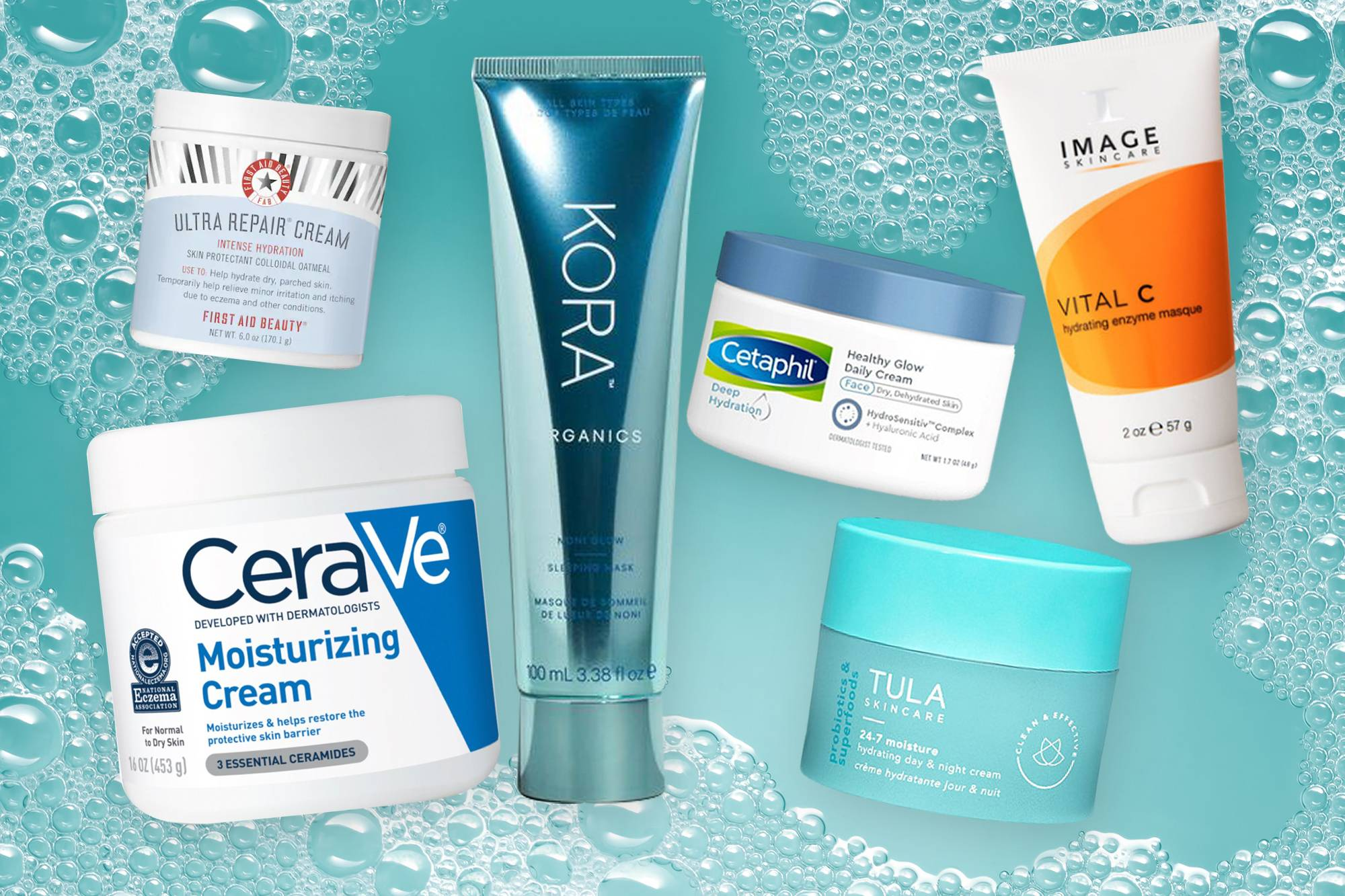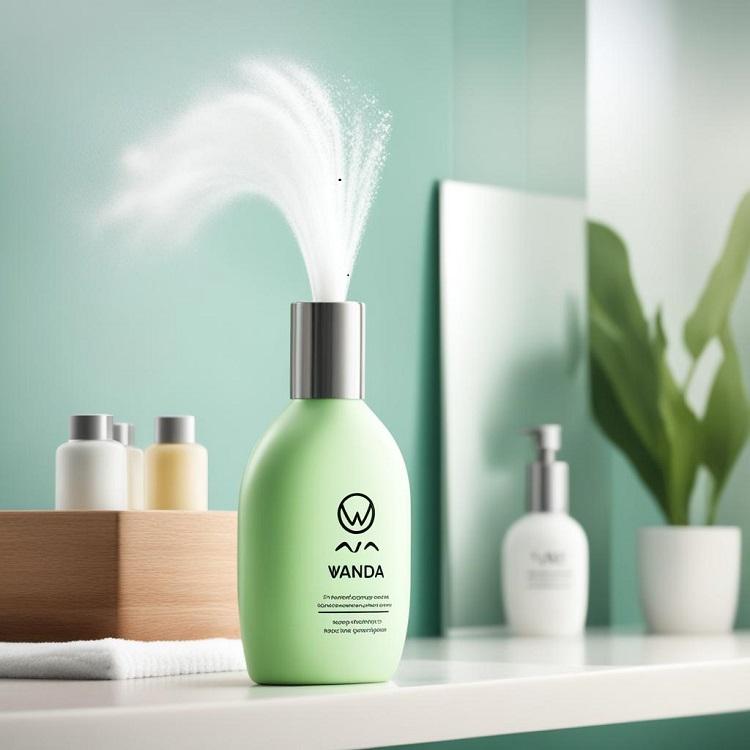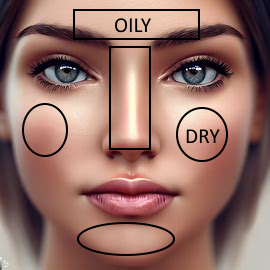Unleash the Benefits of Vitamin C for Your Skin
Unlock the Radiant Power of Vitamin C: Essential for Luminous Skin

How to use vitamin C for hyperpigmentation and radiant skin.
Vitamin C is not just a vital nutrient for your health; it’s a powerhouse for your skin. Packed with antioxidant properties, it fights against the signs of aging by neutralizing free radicals and boosting collagen production. Regular use can lead to visibly brighter and firmer skin, reducing the appearance of fine lines and wrinkles. Moreover, Vitamin C’s ability to fade dark spots and even out skin tone makes it indispensable to any skincare routine. Dive into the world of Vitamin C and discover how it can transform your skin, leaving it glowing and rejuvenated.
Suppose you’re looking to boost your skin’s radiance and address issues like hyperpigmentation and fine lines. In that case, it’s time to incorporate the benefits of vitamin C for your skin into your routine. This powerful antioxidant can work wonders for your skin, but it’s essential to use it correctly to get the best results.
In this article, we’ll introduce the benefits of vitamin C for youthful-looking skin, including its antioxidant properties and ability to combat hyperpigmentation and fine lines. We’ll also briefly explain the different forms of vitamin C in skincare products and their benefits to guide readers in selecting the right type for their skin type and concerns.
Understanding Vitamin C and Skin Health
 Vitamin C, commonly called ascorbic acid, is an essential nutrient that protects our bodies against infections and diseases. You’ll find it naturally present in fruits and vegetables and in supplement forms.
Vitamin C, commonly called ascorbic acid, is an essential nutrient that protects our bodies against infections and diseases. You’ll find it naturally present in fruits and vegetables and in supplement forms.
Vitamin C is a valuable antioxidant, fighting free radical damage caused by UV rays, environmental toxins, and other stressors. Furthermore, it is crucial in collagen synthesis, wound healing, and immune functioning.
If you want to introduce vitamin C into your skincare regimen, start slowly with products containing small amounts and gradually increase them over time until daily usage becomes normal. Introduce several applications each week until your skin has adjusted for the best results.
As soon as you apply a vitamin C product, it may cause a slight tingling sensation – this is entirely normal! Many of these products contain vitamin C derivatives combined with other ingredients, making them more stable when applied directly to the skin.
These vitamin C derivatives may be less irritating to sensitive skin yet still need to be used with care when applied directly. If any adverse reactions arise, discontinue use immediately and consult your dermatologist about finding an alternative formulation.
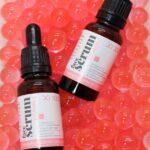 To keep vitamin C serums or moisturizers stable, storing them in airtight, opaque dark containers with airtight lids is crucial. This will prevent their formulas from becoming deactivated over time and potentially oxidized.
To keep vitamin C serums or moisturizers stable, storing them in airtight, opaque dark containers with airtight lids is crucial. This will prevent their formulas from becoming deactivated over time and potentially oxidized.
Vitamin C can strengthen your immune system, lower your blood pressure, and reduce the risk of heart disease and dementia. Furthermore, it can decrease inflammation while increasing iron absorption.
It’s important to note that vitamin C supplements may interact with certain medications and pose risks to people with diabetes, kidney stones, hereditary conditions, or other medical issues. We recommend consulting a healthcare professional before taking vitamin C supplements to avoid potential adverse effects.
 Be mindful that heat and light exposure can diminish the antioxidant activity of vitamin C, potentially making your skin darker and discolored, so only apply it on clean, dry skin for the best results.
Be mindful that heat and light exposure can diminish the antioxidant activity of vitamin C, potentially making your skin darker and discolored, so only apply it on clean, dry skin for the best results.
Vitamin C can be obtained through diet. We recommend consuming foods rich in vitamin C as part of a balanced diet to ensure optimal levels of this nutrient. Fruits and vegetables rich in vitamin C include:
- Citrus
- Bell peppers
- Strawberries
- Tomatoes
- Cruciferous vegetables
- White potatoes
You should consider supplements if your diet does not provide enough vitamin C. Topical applications of Vitamin C may be equally or even more effective than oral supplements for increasing your levels.
The recommended daily requirement for vitamin C for adult men is 90 mg and 75 mg for adult women.
 RESTORE YOUTHFUL VITALITY WITH HYDROESSENTIAL™ SERUM
RESTORE YOUTHFUL VITALITY WITH HYDROESSENTIAL™ SERUMHydroessential™ Serum offers a comprehensive solution to aging skin concerns, providing visible results in as little as 48 hours. Crafted with award-winning, all-natural ingredients, including Japanese Witch Hazel and Aloe Barbadensis, this serum rejuvenates and revitalizes your skin. Experience the benefits of increased collagen production, improved skin elasticity, and reduced pigmentation with Hydroessential™ Serum. Don’t wait any longer – order now and discover the secret to youthful, glowing skin!
FOR YOUR SAFETY CLICK HERE TO BUY FROM THE OFFICIAL HYDROESSENTIAL WEBSITE
The Benefits of Vitamin C for Your Skin
 Vitamin C is an impressive natural antioxidant that can help improve skin tone and texture. It will defend against UV rays and inflammation and reduce fine lines and wrinkles.
Vitamin C is an impressive natural antioxidant that can help improve skin tone and texture. It will defend against UV rays and inflammation and reduce fine lines and wrinkles.
As we age, our skin’s concentration of vitamin C decreases due to various causes, such as exposure to pollutants and ultraviolet (UV) radiation from sunlight. Furthermore, collagen and elastin production, which provide skin elasticity, also decline with time.
Vitamin C has many proven skin health benefits and is an incredibly effective free-radical fighter that can diminish existing fine lines and wrinkles while helping prevent future ones from appearing. Therefore, adding it to your skincare arsenal is necessary to maintain a youthful-looking complexion!
Maximizing Skin Benefits with Vitamin C
Vitamin C’s other significant benefit for skincare is that it can fade pigmentation caused by sun damage, such as dark spots or discolorations on your skin and eyes. This occurs because melanin, responsible for pigmentation in hair, eyes, and skin, is inhibited during production by vitamin C used in skincare regimens.
Vitamin C has also been proven to hydrate the skin by helping it retain more moisture, particularly for oily complexions that lose it quickly. Vitamin C helps the skin maintain hydration without over-drying, providing essential hydration without excessive irritation or redness. However, you must use products correctly to achieve maximum benefits.
No matter your skin type or condition, serums and moisturizers offer the vitamins and antioxidants your complexion needs for anti-aging and hyperpigmentation. Just be careful not to overuse these products; too much exposure could irritate skin types and not be suitable for daily use.
Choosing the Right Vitamin C Product for Your Skin Type
Vitamin C, specifically L-ascorbic acid in its purest form, is an incredible antioxidative. Studies have demonstrated its efficacy at combatting hyperpigmentation, fighting free radical damage, and maintaining healthy skin – including helping improve fine lines and wrinkles.
Vitamin C comes in various forms, so selecting one suitable for your skin type and use is essential. You’ll also want to consider whether the product contains active or derivative ingredients, which may be less potent but more tolerable.
Vitamin C Forms for Different Skin Types
 Oily skin needs products with sodium ascorbyl phosphate (SAP), a highly stable form of vitamin C used widely in anti-aging formulations that will be less likely to irritate. This form may also help combat irritation for oily skin types.
Oily skin needs products with sodium ascorbyl phosphate (SAP), a highly stable form of vitamin C used widely in anti-aging formulations that will be less likely to irritate. This form may also help combat irritation for oily skin types.
Another stable and water-based form of vitamin C found in acne products is ethyl ascorbic acid. This form is less potent; nonetheless, it remains an option for those with acne-prone skin.
If you are uncertain which form of vitamin C to use or have acne-prone skin, consulting with a dermatologist is crucial in finding an appropriate serum and patch test to ensure it won’t aggravate symptoms.
When selecting a serum, look for one containing 8-20% L-ascorbic acid, providing optimal results for most. Ensure the product you choose features a low pH level, enabling your skin to absorb and utilize its full potential. This can increase its effectiveness.
To maintain the efficacy of vitamin C products, we recommend storing them in opaque or dark glass containers with airtight lids to prevent oxidation and exposure to sunlight. Failure to do so can cause discolored patches on your skin and an unpleasant scent.
Everyone needs vitamin C serum in their skincare regime, but knowing which one will suit your skin type best can be tricky. With some careful product research, you should find your ideal serum!
How to Incorporate Vitamin C into Your Daily Skincare Routine
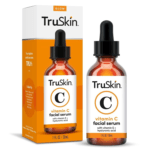
Adding TruSkin vitamin C facial serum to your skincare routine is an obvious choice. Its antioxidant benefits include faded dark spots and brighter skin tone, anti-aging advantages, and wrinkle prevention properties. But there are a few key points you should keep in mind before including this powerful ingredient in your regimen.
Vitamin C is integral to skincare products and their effectiveness, but which type you use matters even more. L-ascorbic acid, a water-soluble and highly efficient antioxidant form of vitamin C, is commonly used in skincare products.
Ascorbic acid is often the highest concentration of vitamin C found in skincare products, making it an excellent choice for serums and moisturizers. Another form of this mineral is magnesium ascorbyl phosphate (MAP), which can also be water soluble but more efficiently utilized at lower concentrations.
When purchasing products containing vitamin C, choose those with an identified formula. This ensures you receive only the specific type of vitamin C needed and won’t disintegrate over time, leaving your skin uncomfortable.
This advice is given to ensure that consumers select products that contain the specific type of vitamin C suitable for their skin needs. A well-identified formula also implies that the product is stable and will not degrade over time, which could lead to skin discomfort or reduced effectiveness. It’s about ensuring quality and efficacy in vitamin C skincare products.
How Do I Choose the Right Formula for My Skin Type?

Vitamin C serum benefits and how to choose the best product for your skin.
There are different types of vitamin C that can be used in skincare products, and some may be more suitable for your skin than others. The most common and effective form of vitamin C is L-ascorbic acid, which is also the most potent and unstable. Other forms of vitamin C, such as magnesium ascorbyl phosphate, sodium ascorbyl phosphate, and ascorbyl palmitate, are more stable but less potent.
To choose the right product for your skin, you should look for the following features:
- The product should clearly state the type and concentration of vitamin C it contains. Ideally, it should have at least 10% of L-ascorbic acid or a comparable amount of other forms of vitamin C.
- The product should have a low pH level, preferably between 2.0 and 3.5, to ensure optimal absorption and stability of vitamin C.
- The product should be packaged in an airtight, opaque container to prevent oxidation and degradation of vitamin C. The product should also be clear or pale in color, as vitamin C turns brown or orange when it oxidizes.
- The product should be compatible with your skin type and concerns. For example, if you have oily or acne-prone skin, you may prefer a lightweight serum or gel over a cream or lotion. If you have dry or sensitive skin, you may want to avoid products with alcohol, fragrance, or other irritants.
By following these guidelines, you can find the best vitamin C product for your skin and enjoy its benefits.
How Do I Apply Vitamin C to My Skin?
After selecting your formulation, apply it directly onto clean skin for optimal absorption. Removing any leftover cleanser residue is important because the residue can create a barrier between vitamin C and your skin.
Depending on the product you use, your skin may feel a slight tingle upon first application of vitamin C to your skin. This is perfectly normal and serves as a great indicator that you have found an appropriate type of vitamin C supplement for yourself.
Get Rid of Acne Once And For All: Power to Clear Your Skin (wherecanibuythat.us)
We recommend gradually incorporating vitamin C into a skincare routine and monitoring its effects to avoid irritation. Start with products containing small amounts of vitamin C and gradually increase usage over time until daily application becomes normal. If any adverse reactions arise, discontinue use immediately and consult a dermatologist about finding an alternative formulation.









